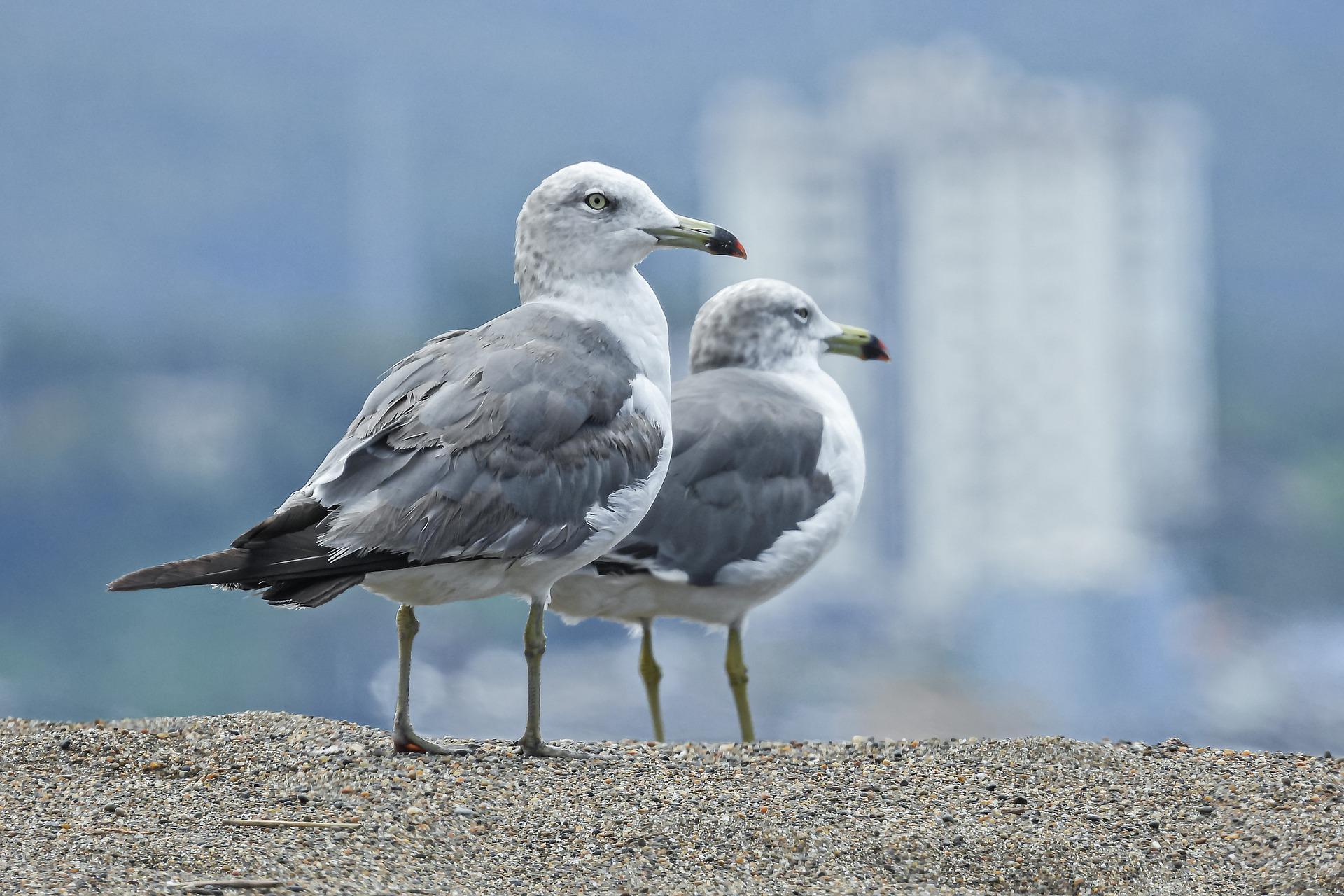
BOSTON- State environmental and health officials are informing the public that Highly Pathogenic Avian Influenza (HPAI), which very rarely infects humans, is suspected to be the cause of deceased birds along Massachusetts’ coastline. HPAI has been detected in domestic and wild birds from Canada to Florida for the past several months. The Department of Fish and Game’s (DFG) Division of Fisheries and Wildlife (MassWildlife), the Massachusetts Department of Agricultural Resources (MDAR), and the Massachusetts Department of Public Health (DPH) are advising the public to refrain from touching or removing birds from coastal areas that appear sick, injured, or deceased.
Impacted seabirds include, but are not limited to, seagulls, ducks, terns, and cormorants. If a wild sick, injured, or dying bird is encountered, the public is asked to make a report at mass.gov/reportbirds. Additionally, if a domestic bird is found, please contact MDAR’s Division of Animal Health at (617) 626-1795.
“Over the past week, Massachusetts has seen a substantial uptick in reports of dead and dying seabirds, including eiders, cormorants, and gulls,” said Andrew Vitz, MassWildlife State Ornithologist. “We are asking for the public’s help in reporting observations of sick shorebirds along the coastline. Prompt reporting will expedite testing and diagnosis in cooperation with our state and federal partners who have been monitoring HPAI for several years.”
“Avian Influenza rarely infects humans,” said State Epidemiologist Dr. Catherine Brown. “Although the risk is low, direct contact with infected birds or heavily contaminated environments can sometimes spread the disease to people. People are urged not to handle or feed any birds suspected of being infected.”
- Reporting wild birds: the public should report observations of any sick, injured, of deceased seabirds. For other species of wild birds, such as songbirds, only report observations of 5 or more birds found at a single location. The public can report observations using this simple webform at mass.gov/reportbirds.
- Reporting domestic birds: the public should report sick or dead poultry or other domestic birds by calling MDAR’s Division of Animal Health at (617) 626-1795.
- Handling birds: The public should avoid handling any dead birds or birds showing signs of illness. If an individual must handle birds, please wear nitrile or latex gloves, eye protection, and an N95 face mask.
Both wild and domesticated birds can become infected with HPAI. Raptors, waterfowl and other aquatic birds, and scavengers are most at risk for infection, although any bird species should be considered susceptible. Birds may be infected with HPAI without showing any clinical signs. Infected birds may die suddenly, have decreased energy, decreased appetite, decreased egg production; soft-shelled or misshapen eggs; swelling of the head, comb, eyelids, wattles, or hocks; nasal discharge, snicking, coughing, or sneezing; uncoordinated gait; or diarrhea.
Important to note, humans are rarely infected with avian influenza viruses. Humans that have prolonged close contact with sick or dead birds infected with HPAI are the most at risk of becoming infected. For more information regarding the disease, please visit MDAR’s Avian Influenza webpage.
###
